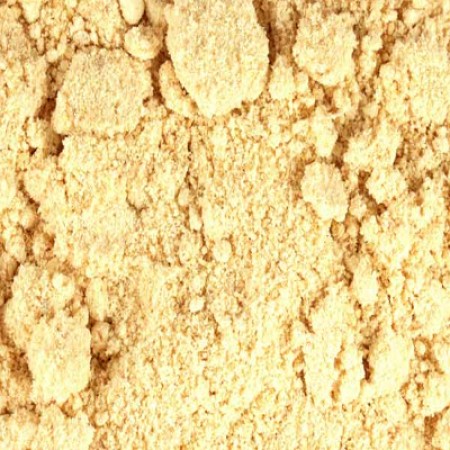CARROT POWDER
Product Name: CARROT POWDER
Botanic Name: Daucus Carota
Daucus carota (common names include wild carrot, (UK) bird's nest, bishop's lace, and (US) Queen Anne's lace) is a flowering plant in the family Apiaceae, native to temperate regions of Europe, southwest Asia and naturalized to northeast North America; domesticated carrots are cultivars of a subspecies, Daucus carota subsp. sativus. Like the cultivated carrot, the wild carrot root is edible while young, but quickly becomes too woody to consume. A teaspoon of crushed seeds has long been used as a form of birth control; its use for this purpose was first described by Hippocrates over 2,000 years ago.[citation needed] Research conducted on mice has offered a degree of confirmation for this use—it was found that wild carrot disrupts the implantation process, which reinforces its reputation as a contraceptive.[2] Chinese studies have also indicated that the seeds block progesterone synthesis, which could explain this effect.[citation needed]As with all herbal remedies and wild food gathering, extra caution should be used, especially since the wild carrot bears close resemblance to a dangerous species Water Hemlock. The leaves of the wild carrot can cause photo synthetically, so caution should also be used when handling the plant. The wild carrot, when freshly cut, will draw or change color depending on the color of the water it is in. Note that this effect is only visible on the "head" or flower of the plant. Carnation also exhibits this effect. This occurrence is a popular science experiment in primary grade school.









